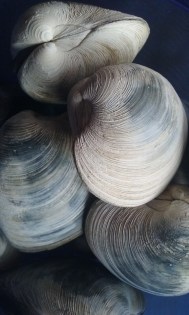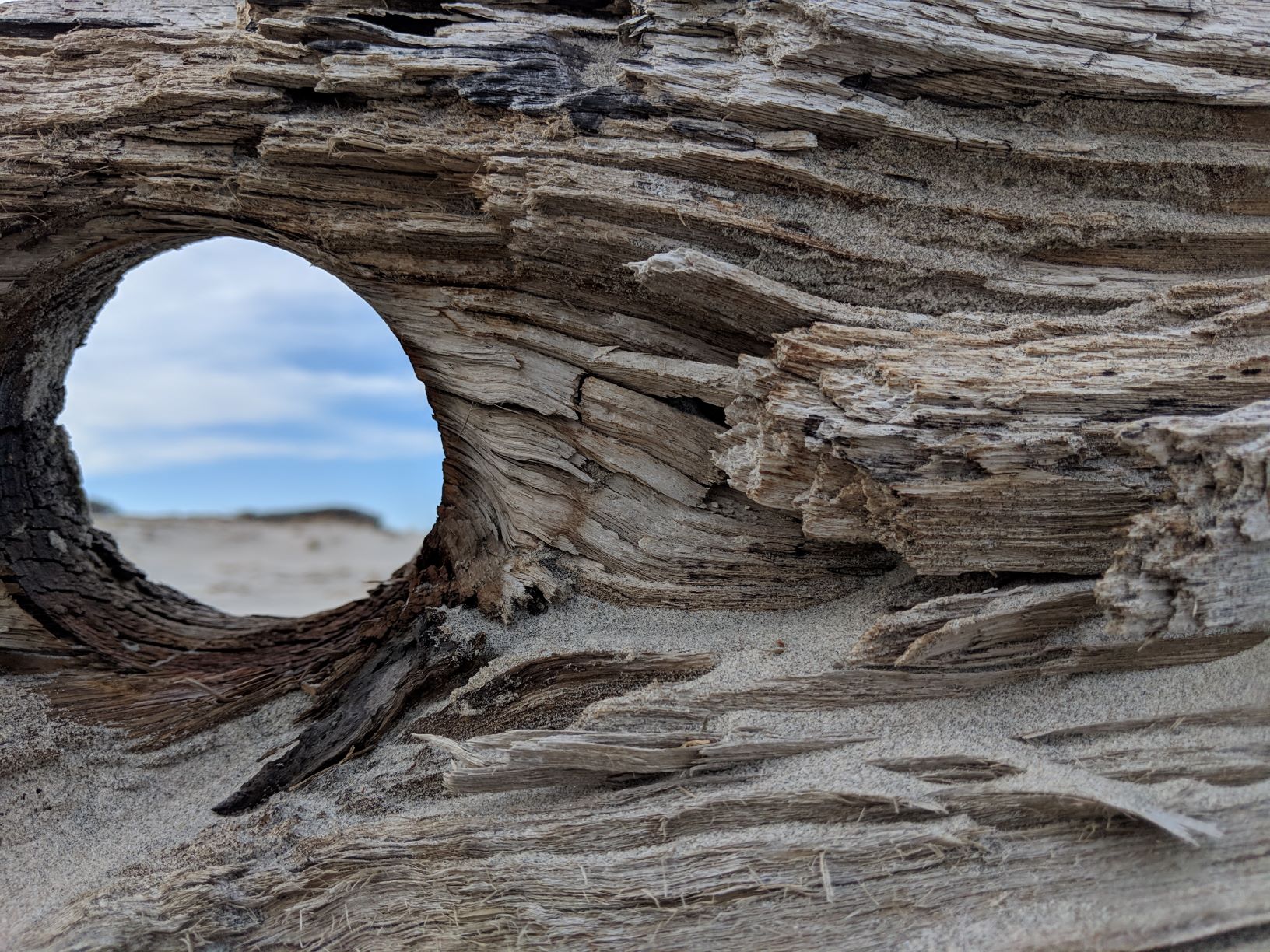
“Staying ahead of the curve” is adspeak used by an industry that needs you to keep turning over tools. The ed-tech industry runs on perceived obsolescence.
There is no need to get ahead of the curve (whatever that means) if one has the tools to do what is needed doing here and now.
Every tool has a learning curve. Every tool has limitations. Every tool used by humans is crafted by human imagination.
In anatomy, a few pieces of colored chalk are better than markers when using subtle shades to show specific structures. I no longer use chalk because I no longer have a chalk board–our administrators removed them years ago, perhaps to save themselves the embarrassment of falling behind the curve.

I miss using chalk. This is not some romantic notion getting maudlin over days when I had more energy (and more hair). I can get by with more expensive Expo markers using a more expensive white board. (I could get by with a stick and a patch of beach.)
The tools most teachers use are tools thrust upon us by folks who have left the classroom, for whatever reasons.

I clam with a fairly new (about 10 years old) rake with a wooden handle that replaced one about 50 years older. The style hasn’t changed much, but to be fair, neither have clams. There are bigger rakes, there are rakes with baskets, there are rakes with Fiberglas handles, and for all I know there may be rakes with built-in GPS systems.
I could pluck clams from the mud by hand, I suppose, and some days I do just that. There is joy in clamming by hand, even if it lacks the efficiency of a commercial clam dredge.
I traded that curve years ago for the arc of the sun settling on the edge of the bay and the feeling of the arched back of a quahog in my hand.
If you’re ahead of the curve, drop a comment and let me know what I am missing.









